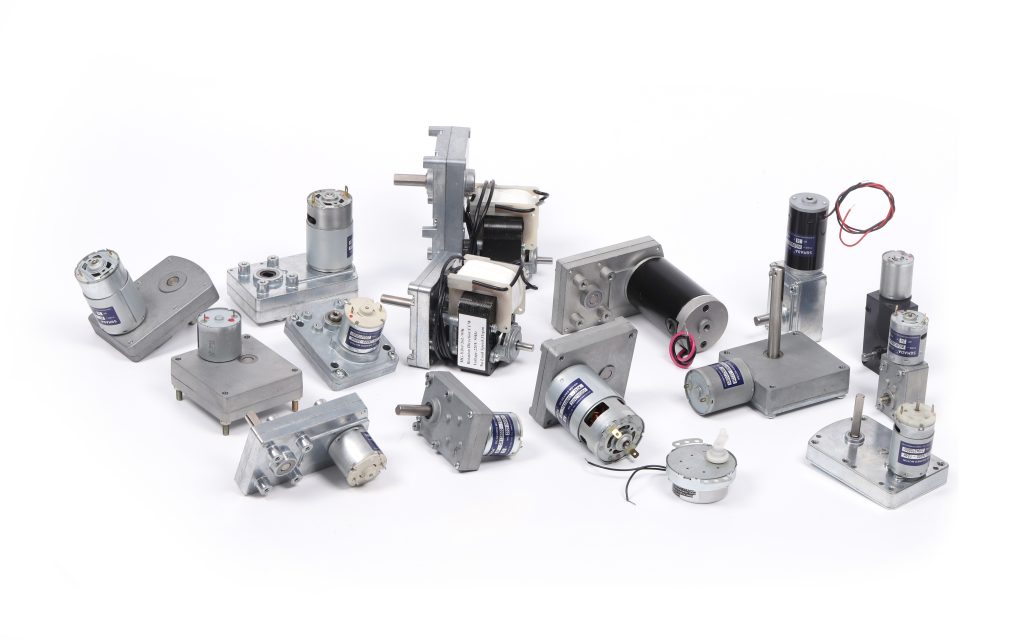Mobile:+86-311-808-126-83
Email:info@ydcastings.com
English
cast iron waste pipe connector
The Importance of Cast Iron Waste Pipe Connectors
In modern plumbing systems, the materials and connectors used play a critical role in ensuring longevity, stability, and efficiency. One of the most reliable materials in wastewater management is cast iron. Cast iron waste pipe connectors are essential components of these systems and serve numerous functions that contribute to the overall integrity and functionality of plumbing layouts.
What are Cast Iron Waste Pipe Connectors?
Cast iron waste pipe connectors are specialized fittings designed to join different sections of waste pipelines. They can connect pipes of varying diameters and orientations while maintaining a strong bond that prevents leaks and withstands high pressure. These connectors are typically used to link horizontal and vertical sections of plumbing systems, in addition to connecting pipes to various fixtures such as sinks, toilets, and showers.
Benefits of Using Cast Iron for Waste Pipe Connectors
1. Durability and Strength Cast iron is renowned for its impressive durability, making it an ideal choice for waste management systems. These connectors can withstand significant weight and pressure, which is particularly important in building plumbing systems where multiple fixtures share the same drains.
2. Corrosion Resistance One significant aspect of wastewater management is the constant exposure to moisture and various waste materials. Cast iron has a natural resistance to corrosion, especially when compared to other materials like PVC or galvanized steel. This characteristic is pivotal in preventing the degradation of plumbing systems over time, thereby reducing maintenance and replacement costs.
cast iron waste pipe connector

3. Sound Insulation Another advantage of using cast iron waste pipe connectors is their ability to absorb sound. Plumbing systems can be quite noisy, especially in multi-story buildings where wastewater travels through pipes. Cast iron has dense properties that help minimize the noise produced by flowing water and other waste materials, creating a quieter living environment.
4. Fire Resistance Cast iron is non-combustible, which adds an extra layer of safety in building structures. In case of a fire, cast iron pipes and connectors will not contribute to the spreading of flames, making them a suitable choice for both residential and commercial buildings.
Installation and Maintenance
Installing cast iron waste pipe connectors requires a certain level of expertise, as the weight and rigidity of cast iron may pose challenges. Proper techniques, such as using appropriate sealants and ensuring tight fittings, are essential to prevent leaks. It’s advisable for professionals to handle the installation process to ensure compliance with local plumbing codes and safety regulations.
Regarding maintenance, cast iron pipes and connectors are relatively low in upkeep compared to other materials. Regular inspections can help detect any signs of wear or corrosion. Additionally, while cast iron is durable, it’s wise to manage the buildup of waste materials and septic sludge to further prolong the system's lifespan.
Conclusion
Cast iron waste pipe connectors are integral to effective plumbing systems, offering unique benefits that other materials cannot match. Their strength, durability, sound absorption properties, and resistance to corrosion and fire make them a preferred choice for both residential and commercial applications. As plumbing systems continue to evolve, the importance of reliable and long-lasting connectors like those made from cast iron cannot be overstated. Investing in high-quality cast iron waste pipe connectors will not only ensure efficient waste management but also contribute to the overall safety and value of a property. Thus, choosing the right materials and connectors is a decision that should be made with thoughtful consideration and professional advice.
-
Materials Used in Manufacturing Cap End Pipe FittingsNewsNov.24,2025
-
Material Properties of CF8M CastingNewsNov.24,2025
-
How to Inspect Pump Cap Ends for DamageNewsNov.21,2025
-
Backward Curved Impeller – Efficient Airflow Solutions for Industry | YD CastingsNewsNov.21,2025
-
Automobile Water Pump - Efficient, Quiet, Durable & ElectricNewsNov.21,2025
-
Impeller for Pumps – High-Efficiency, Durable, OEM-ReadyNewsNov.21,2025











